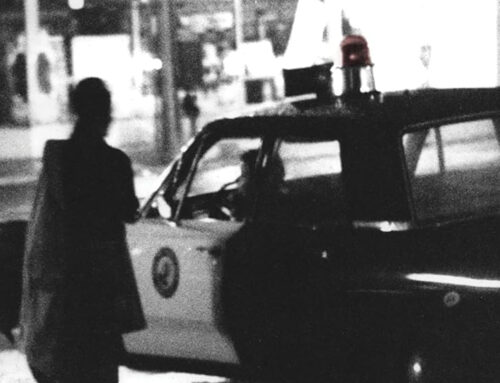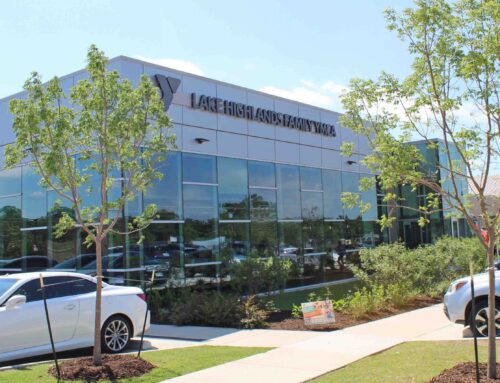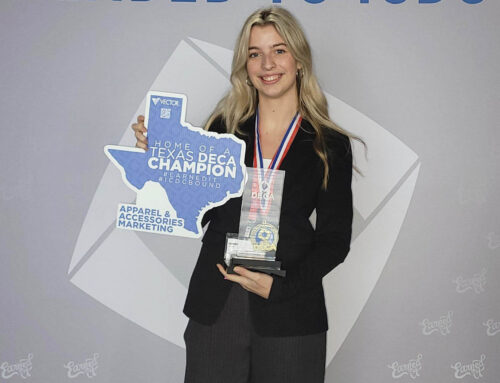Now that Dallas has voted “wet”, does that mean restaurants in formerly dry neighborhoods can start selling margaritas, and the grocery store on the corner can start adding cases of beer and wine to the shelves?
Not quite yet. The formerly dry areas of the city won’t be officially wet until the Dallas City Council canvasses the votes, which they are expected to do this Wednesday, Nov. 10. Then any restaurants or retail stores who want to sell alcohol must apply for a liquor license with the Texas Alcoholic Beverage Commission, or TABC.
The first step in that process, TABC spokeswoman Carolyn Beck says, is to download the application from the TABC website, then take the TABC application to both the city and county to certify that the area in which the restaurant or retail store is located is indeed wet, and not in violation of any local ordinance (such as being close to a school or place of worship). The comptroller must also certify that the business is not tax delinquent.
Once the application reaches the TABC, Beck says, “it goes down one of two tubes or paths — one for known entities and one for unknown entities.” A known entity would be a corporation such as Tom Thumb that has been through the TABC background and vetting process, and already holds an active permit. Once the location and officers of the corporation are approved, a permit is just “a matter of weeks, barring any complications,” Beck says. For unknown entities, or first-timers to the process, the average time is takes the TABC to issue a permit is 45 days, Beck says, but that number isn’t reliable because of the recent number of wet-dry elections throughout the state.
“Since we’re getting a lot more applications than normal, you could expect it take longer,” Beck says. “We’ve planned in advance to reorganize resources to make sure we have all hands on deck.” The TABC expects to receive the most applications from Dallas since it is the biggest area affected by recent elections.
Of course, news is already circulating about a lawsuit contesting the election, but Beck says that the new laws would not be suspended because of a contest; Dallas would “remain wet”, she says. “However, there is the possibility that [an attorney] could file an injunction to keep the city or county from certifying applications, or keep the TABC from approving permits, and we would do whatever the court required.”





